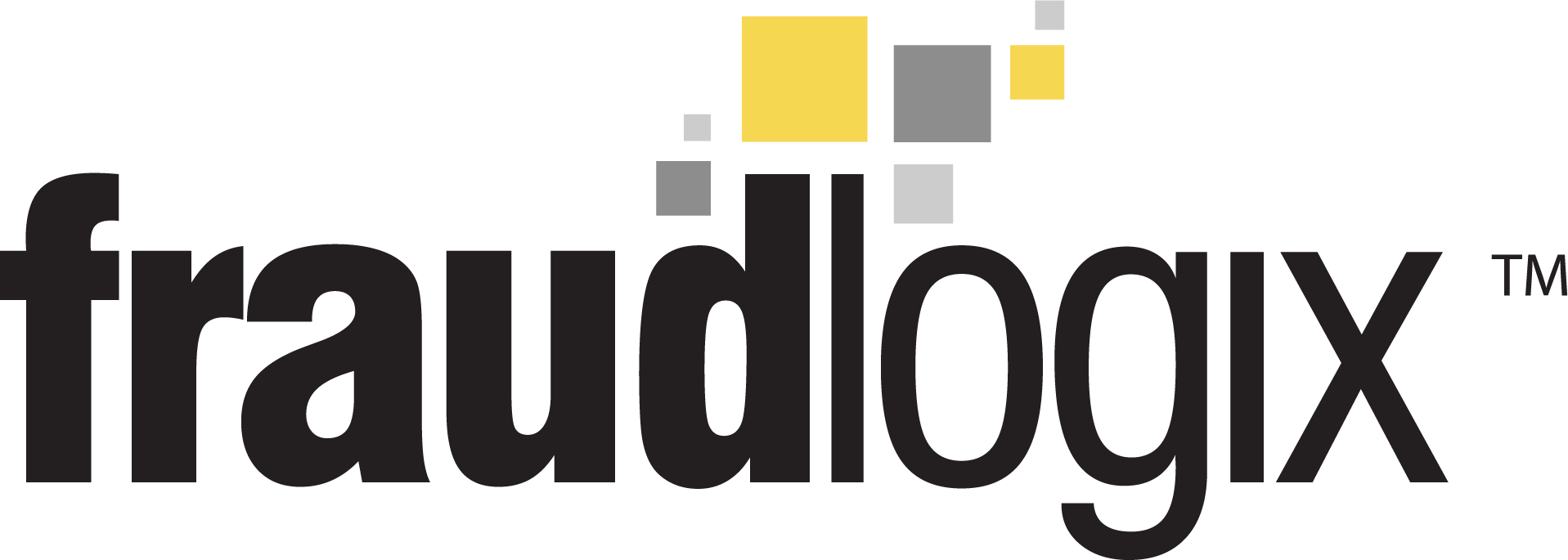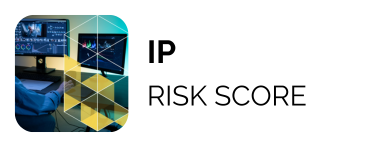A Complete Guide to Fraud Detection Tools & APIs
The market research industry heavily relies on market research panels for consistent, high-quality insights. However, panel recruitment is increasingly compromised by fraudulent participants—bots, VPN users, repeat takers—who undermine data accuracy and inflate survey costs.
This guide explores how leveraging real-time tools like Fraudlogix’s IP Risk Score can dramatically improve panel integrity, data quality, and ROI.
1. Why Panel Fraud Is a Growing Threat in Market Research
Fraud includes multi-accounting, spoofed identities, VPN masking, and bot activity. These degrade data quality and force costly re-fielding. Research indicates that 15–30% of panel responses may be fraudulent, depending on the study (Thrivable).
2. What Is a Market Research Panel?
A market research panel is a pre-recruited group of individuals who agree to participate in studies over time. They provide valuable data through surveys, interviews, and product testing. Panels are often used for ongoing insights and to reduce time/cost in recruitment. However, poor screening allows fraudsters to infiltrate and degrade data integrity.
3. Use the Fraudlogix IP Risk Score to Secure Your Panel
- Bot Detection: Blocks automated survey attempts
- IP Intelligence: Flags proxies, VPNs, and data-center IPs (Proxy IP Guide)
- Device Fingerprinting: Detects multi-accounting across devices
- Behavioral Analysis: Tracks mouse movement, timing, and engagement
- VPN Detection: Identify masked users using the Free VPN Checker
4. Where to Integrate Fraud Detection
| Stage | Action |
|---|---|
| Signup | Real-time fraud scoring and block high-risk applicants |
| Survey Access | Re-screen for high-value studies |
| Participation | Monitor for bots or suspicious behavior |
| Incentive Redemption | Validate claims with device/IP checks |
5. Benefits of Smarter Fraud Prevention
- Reduced re-fielding costs
- Cleaner, more consistent data
- Higher client confidence and retention
- Better participant experience for real users
6. Best Practices for Panel Protection
- Establish a pre-implementation fraud baseline
- Use multi-layered detection (API + human review)
- Audit fraud rules regularly
- Be transparent with panelists about verification
7. Recommended External Resources
- GreenBook: Survey Fraud Challenges
- CleverX: Strategies for Survey Fraud
- Quirks: Protecting Panel Data
- Tremendous: Market Research Data Fraud
8. Frequently Asked Questions
What is a market research panel?
A market research panel is a group of pre-recruited participants who regularly take part in studies to provide data about consumer behavior and market trends.
Why is market research important?
It provides actionable insights into customer behavior, competitive positioning, and market opportunities for better business decisions.
How is market research conducted?
Via methods like surveys, focus groups, interviews, observation, and secondary data analysis.
What does a market research analyst do?
They collect, interpret, and report on market data to guide business strategy.
How do you recruit participants for a market research panel?
Through email outreach, ads, social media, and research communities—with fraud screening tools used at intake.
How can fraud impact panel-based research?
It skews results, increases costs, and undermines credibility—potentially harming client trust and research outcomes.
Take the Next Step
Don’t let fraud compromise the integrity of your market research panel. Whether you’re building a new panel or optimizing an existing one, integrating real-time fraud detection is a competitive advantage you can’t afford to ignore.
Start protecting your panel today:
- Explore the IP Risk Score to see how real-time scoring works.
- Request a free consultation with our fraud prevention specialists.
Your panel is only as strong as your ability to protect it. Let Fraudlogix help you ensure every data point counts.
Written by Jessica Lopez, COO at Fraudlogix. Jessica leads operational strategy and market education for fraud prevention in advertising, market research, and e-commerce.



